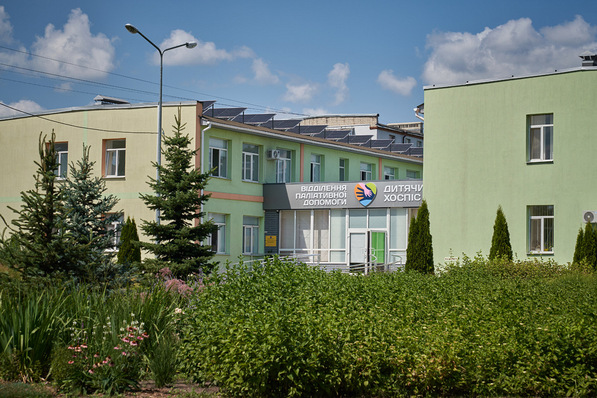Last year, the Department for Business, Energy and Industrial Strategy (BEIS) provided funding to support a range of Flexibility Market Feasibility Studies. Pixie Energy, as part of a consortium including Ipswich Borough Council and Suffolk County Council, led a study based in Ipswich.
The Ipswich Flexibility Feasibility Study analysed mechanisms to exploit electricity flexibility at the household level. It modelled local demand and tested the impact of adding solar and storage behind the consumer’s meter. It explored how emerging demand-side response techniques and programmed market initiatives, including the introduction of half hourly settlement (HHS) combined with time-of-use retail pricing, can enhance flexibility and support local system resilience.
Key findings of the study
Key findings are:
- Local flexibility markets can deliver real benefits to consumers and the wider system.
- The value of these benefits can be captured by a range of parties depending on the consumer preference and the commercial choices they are offered.
- However, the value of behind the meter interventions is user specific and dependent on a wide range of factors.
- There are several important dependencies and uncertainties.
Currently the best source of value behind the meter
Dan Starman, Senior Consultant at Pixie Energy, said: „Currently the best regular source of value lies behind the meter. The end user can avoid many of the costs associated with peak pricing if they lower their metered demand over times of peak system stress. This value arises from the additional costs and levies applied to the energy bill in addition to the costs of electricity itself, which the consumer can avoid through self-supply.
“The Ipswich Flexibility Study shows that by adding solar panels and battery storage to a household, they are more self-reliant and can meet their electricity demand at a lower cost. The reduction in carbon emissions is also substantial compared to average electricity supplied from the grid.

“Pixie Energy’s analysis suggests that the evolution of consumer to prosumer will deliver benefits for householders, allow for new delivery models in energy services, and provide added-value to smart technologies.
“There are a wide range of industry parties that value flexibility, including suppliers, generators and consumers, National Grid and DNOs. However, there are no true marketplaces for flexibility. Instead, National Grid purchases it through balancing services and the Balancing Mechanism (BM).
“Therefore, to maximise the visibility of flexibility and its effective price realisation, providers and buyers need an effective method for communicating the availability and value of flexibility to other industry parties. National Grid are well advanced in this area with the BM and balancing services, and DNOs are moving in this direction by launching platforms with PicloFlex, but other actors are less able to signal the value or presence of flexibility.” (HCN)
Stay informed, get our free newsletter twice a week. Register here







